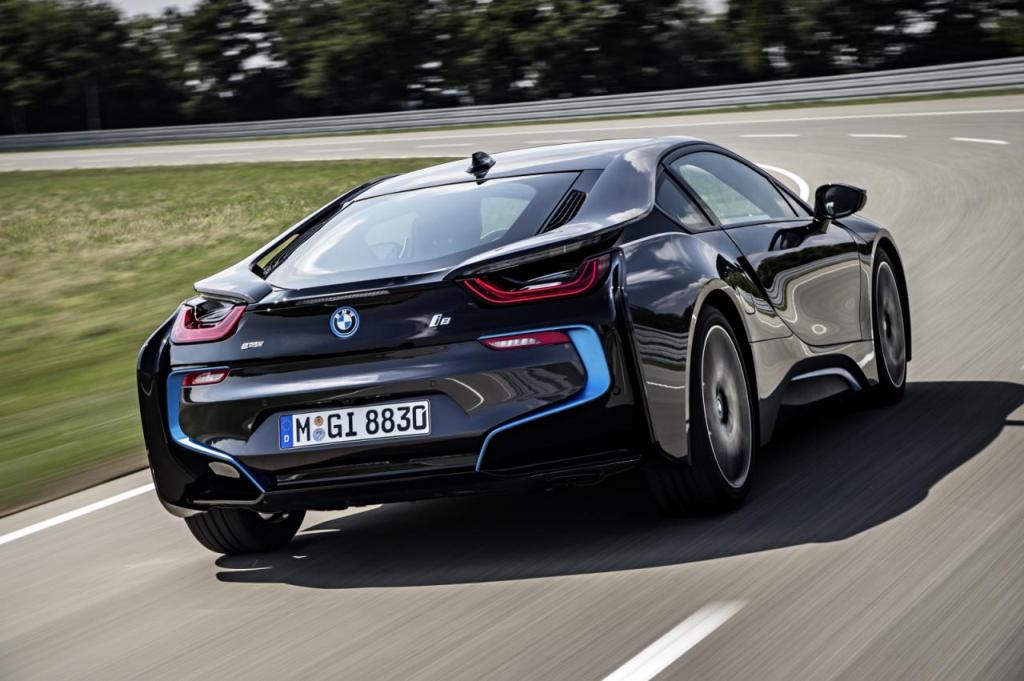BMW may build more than 100,000 units a year of its ‘i’ range of battery-powered cars by 2020 to help meet tougher CO2 emissions regulations. BMW CEO Norbert Reithofer said the automaker will ramp up production of ‘i’ models by 2018, then by 2020 “we will be forced to build them in a six digits figure to comply with stricter emission rules. “He was speaking during a presentation of the company financial results here on Wednesday. BMW aims to cut average CO2 emissions of the vehicles it sells in Europe to 105 grams per km by 2020 from 133g/km last year. That would be half of the 1995 level of 210g/km.
The EU has set an industry wide goal of average CO2 emissions from new cars of 95g/km by 2021, down from about 130g/km now. The target is based on vehicle weight and will differ for individual companies. Automakers building larger, heavier vehicles such as BMW will have a target higher than the industrywide average.
BMW said its i3 electric car is off to a good sales start. The compact hatchback went on sale on November 16 in Germany and has already collected over 11,000 customer orders in Europe.
“We are extremely happy with the i3’s early reception, particularly considering that in June we will open the order book in the United States, the world’s largest market for EVs,” said Ian Robertson, BMW brand’s head of marketing and sales.
He said 2014 is a ramp-up year for the i3 and declined to give a sales forecast for this year. “By 2015, we will have a more clear idea of the i3’s true potential,” he said. BMW expects that customers will have to wait up to six months to receive the company’s i8 plug-in gasoline hybrid coupe, which goes on sale globally in June. Robertson said BMW has a significant number of pre-orders for the i8. “I think customers could live with the idea of waiting for six months for such an innovative product, but longer waiting lists could be a problem,” he said.
Reithofer said reaching a six digits output for the “i” range will require substantial additional investments but was not more precise. BMW has invested 600 million euros in production for its i3 and i8 vehicles. As a comparison, the Renault-Nissan alliance invested 4 billion euros in its electric car program, which includes the Nissan Leaf and the Renault Zoe models.





